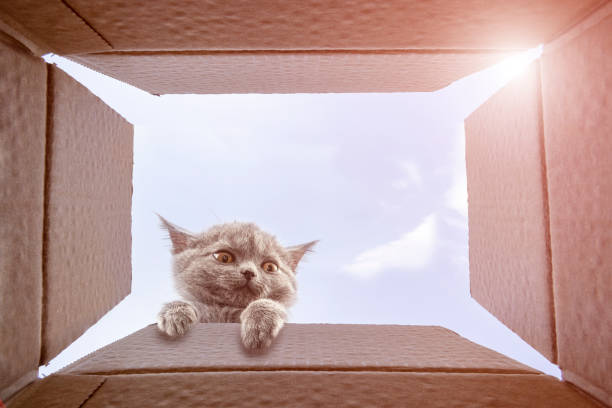Physical Address
304 North Cardinal St.
Dorchester Center, MA 02124
Physical Address
304 North Cardinal St.
Dorchester Center, MA 02124

Most house cats deliver their kittens without problems, but knowing what is normal will help you be prepared if things go wrong.

Pregnancy
The gestation period in a cat is roughly 62-65 days. Sadly, most people do not know when their cat is bred that she is pregnant. As a general rule, any cat should not be allowed outside or around unfixed male cats.
If you suspect your cat is pregnant, you should have a vet check her out. At this time, you can make the decision to have her spayed (thus aborting the litter) or continue with the pregnancy. If you decide to continue with the pregnancy, you should have the vet give you an approximate date she will have the kittens. Begin feeding her good quality kitten food, but do not let her get “fat”.
Birthing
When the expected date of delivery arrives, the mother cat should be confined to a room in the house, especially if you have other pets, or children. From here on in, you do not want her getting outside at all! The room should be warm and either carpeted, or covered with a blanket. The room should contain a litter box with clay litter (not scooping or silicone beads), a water bowl, and food. She should be able to eat as much dry kitten food as she wants, and be given a small helping of canned kitten food once or twice a day in the days before delivery. Very often, on the day she will deliver, she may go off her food.
Her nipples will swell and turn pink in the weeks before delivery, she will get bigger and towards the final day, she should form a nesting habit. You will want to have a couple of choices for her in the room you have placed her in. A box, a pile of blankets, a closet, all will make good nesting places for her, you might have your choice, but let her make up her mind. Keep the room cozy and stress-free. Her favorite piece of cat furniture should also be in that room.
You can predict the day your cat is going to deliver if you are comfortable taking her temperature. You need to take her temperature daily, and you will notice a sudden drop within 24 hours of her delivery.
Most cats do not have problems delivering kittens, of the breeds who usually have complications, the Persian, and Himalayan are the ones to watch closely.

Each cat is slightly different, but typically they will lick themselves all over, particularly on their stomach and rear. She might howl or appear to be panting like a dog. Eventually she will lay down for the delivery, pushing one kitten out at first. It may be minutes or an hour before the second kitten is delivered. In this time she will clean the firstborn kitten, removing the sac it was born in, thus allowing it to breath. Leave them alone for this time, so they can properly bond. Usually she will begin nursing the first kitten while awaiting the next. She may eat the birth sac, which is normal behavior.
All through this process, you should watch from a distance, perhaps outside the room with the door slightly ajar. Try not to interfere. Within four to six hours, the entire delivery process is usually done. The average litter size being four or five kittens. The mother should remain in the room with the kittens until they are four weeks of age. At that time, she can be allowed out for a few hours into the rest of the house to be given a break. Do not let her outside until kittens are in their new homes, and she is spayed.
When to Call a Veterinarian or Get Involved